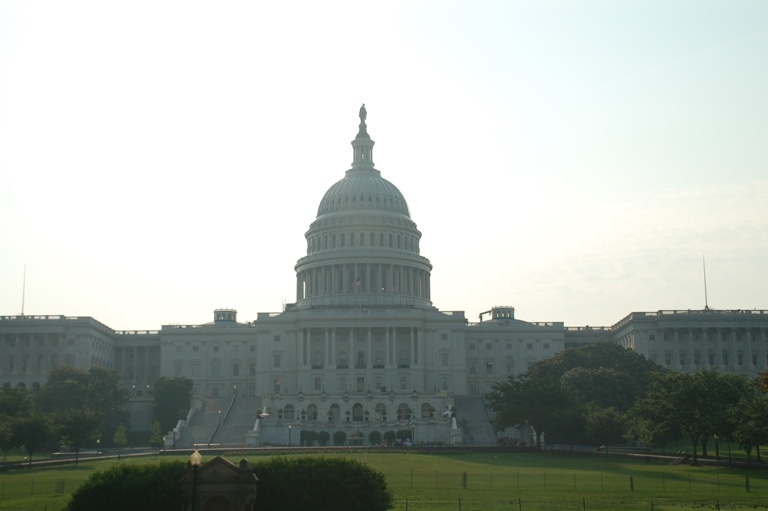The head of Colorado State University’s (CSU) Department of Animal Sciences recently was named an officer of a new national lobbying group whose aim is generating more federal research funding for university studies in animal agriculture.
October 19, 2012

The head of Colorado State University’s (CSU) Department of Animal Sciences recently was named an officer of a new national lobbying group whose aim is generating more federal research funding for university studies in animal agriculture.
Kevin Pond is secretary of the National Association for the Advancement of Animal Science, whose membership comprises animal, dairy and poultry sciences department heads at universities nationwide. Other officers represent Texas A&M University, Iowa State University and Michigan State University.
NAAAS formed in July 2012 to make a stronger case on Capitol Hill for funding studies of key issues in animal agriculture, including sustainable protein production, genetics and reproduction, animal welfare and food safety and quality.
“Animal protein is a critical part of global food security, and federally funded research projects are essential to generating new discoveries that support production of an abundant, high-quality, safe and secure food supply,” Pond says. “People from farmers to consumers rely on information from unbiased research at universities. But federal funding for this research has eroded over time.”
The U.S. Department of Agriculture is the agency that traditionally awards competitive grants for university research in animal agriculture. Yet federal funding for this research, education and outreach has stagnated over the last 30 years, says Russell Cross, president of NAAAS and head of the Department of Animal Science at Texas A&M University.
At Colorado State, USDA funding for livestock-related research projects has declined by nearly 40% in the past five years, according to data from the Office of the Vice President for Research.
That matters to consumers, Pond says, because knowledge gained from federal research investments has resulted in a U.S. food supply that is the safest and most affordable in the world.
In 2011, U.S. consumers on average spent just 5.7% of their disposable income on food eaten at home, according to the USDA Economic Research Service. That figure is in the double digits in every other nation.
“Federal funding for research is important because it provides a stable base to support laboratories and research staff. We’re losing programs and people because we’re losing that base,” Pond says. “People forget that the safe and comparatively affordable food supply we enjoy in the United States is a result of previous investments. So we’ve got to reinvest in animal sciences to continue progress.”
Federally funded research projects at CSU are investigating methods of more profitably producing meat desired by consumers; methods of eradicating food-borne pathogens; strategies for measuring and reducing airborne emissions from livestock operations; and genomic approaches to understanding livestock disease.
“Issues that are important to Colorado farmers and ranchers ultimately are important to consumers, and to agriculture’s ability to meet global protein demands,” Pond says.
Discoveries in agriculture support not only human health and well-being, but the state and national economy. In Colorado, agriculture supports about 175,000 jobs and contributes an estimated $40 billion to the state economy each year, making agriculture one of the state’s strongest and most dependable industries, according to the Colorado Department of Agriculture.
You May Also Like



